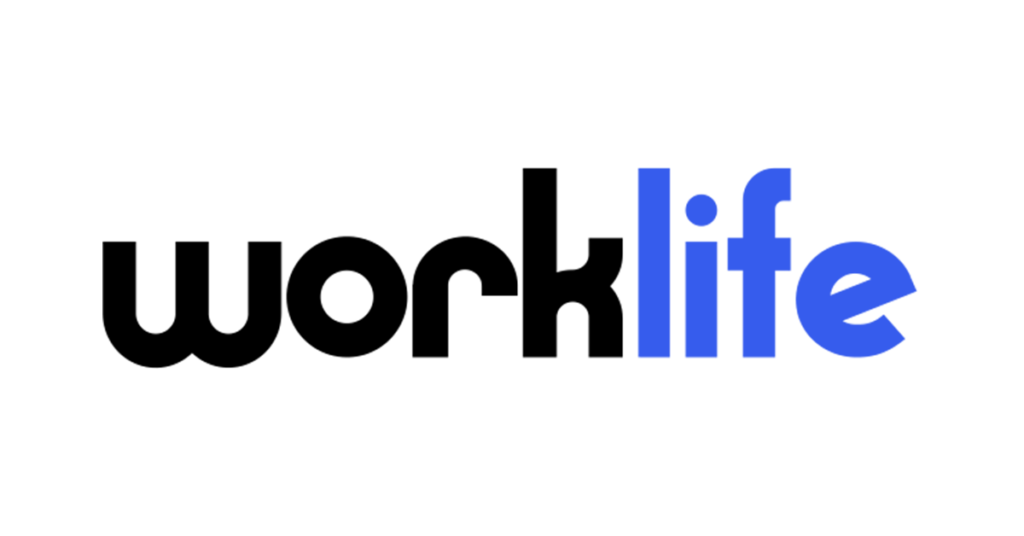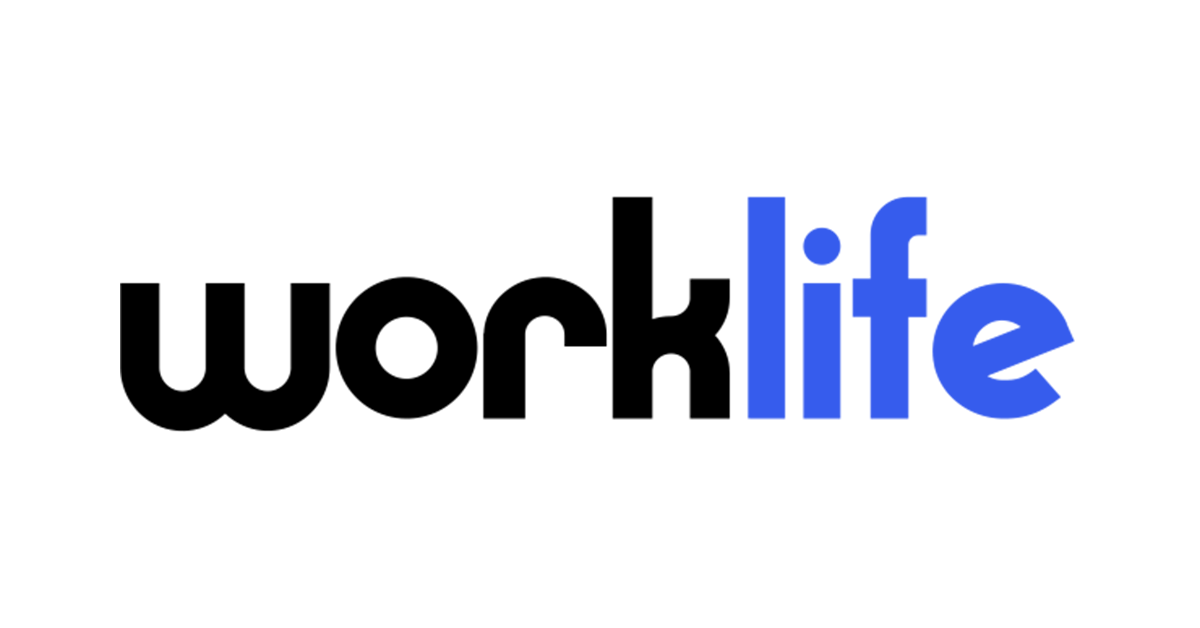The practice of HR is undergoing a technological revolution, with AI, integrated platforms and employee-centric solutions reshaping how companies manage their workforce.
As organizations navigate hybrid work models, skills gaps and evolving employee expectations, HR leaders are turning to innovative technologies to drive efficiency, improve decision-making, and enhance the employee experience.
To get at which tech trends are driving HR now, we turned to some of the most thoughtful and insightful HR leaders for their take. Here’s what they had to say.
AI rules
Unsurprisingly, AI, particularly generative AI, has emerged as a key driver of HR transformation this past year. Andrew Considine, CTO at workforce management and global payments platform Helios, notes that generative AI and the almost breakneck rate of development and change in the space has been the dominant technology trend. He predicts that by 2025, “We’ll see a rapid shift with GenAI from edge case to enabler,” with HR tech innovators embedding AI into their platforms to streamline processes like onboarding and personalize employee journeys.
Heather Shulick, evp of HR at AllCampus, a workplace platform serving the field of education, highlights AI’s impact on recruitment. From the beginning, her company has used ChatGPT to support its recruiting efforts, including generating job descriptions and interview questions. The company is currently researching tools to automate its resume review process, she noted.
Meanwhile, Jeff Hayward, CTO at HR solutions company TriNet, cautions that generative AI is not a one-size-fits-all solution. His company’s research found that the tech’s highest value application is where AI has been paired to one of its team members “by considering the complexity of the task and the experience of the user.” He advises companies to carefully consider use cases and user experience when implementing AI.
Gretchen Alarcon, svp and general manager of employee workflows at the workflow platform ServiceNow, points to the rise of AI-powered, chat-based concierge services to help employees plan productive office visits, as well as the emerging potential of Agentic AI, “which goes beyond traditional conversational capabilities with humanlike reasoning and comprehension to independently solve tasks.”
Integrated platforms and streamlined tech stacks
As HR functions become more complex, there’s a growing demand for integrated, all-in-one platforms. Jenny Podewils, co-CEO of Leapsome, a people enablement platform, reports that 85% of HR leaders say they are under pressure to consolidate tech stacks to cut expenses and enhance efficiency. This trend toward integration is driven by the need to manage diverse, often distributed workforces more effectively.
David Satterwhite, CEO of workforce support platform Chronus, highlights the importance of products that offer “matching and connection around individual employee purpose and motivations” to address disengagement and help employees feel more connected to their work and colleagues.
Meanwhile, Job van der Voort, CEO of the payroll platform Remote, emphasizes the rise of integrated global employment platforms that unify various HR functions, combining global payroll systems, Employer of Record services and contractor management tools. He notes that “this integration is crucial as more companies adopt flexible work models and tap into global talent pools.”
Data-driven decision making
HR leaders are increasingly leveraging data and analytics to inform talent strategies and improve workforce planning. Alarcon reports that 60% of HR leaders said they are using data to identify emerging talent needs and shortages, 57% are using it to boost productivity and performance, 56% are using data to align talent with business priorities and 44% are using it to enhance skills and mobility.
This focus on data is enabling more agile and responsive HR practices. “If leaders have data on the skills their employees have, the skills their employees need and the skills required to propel their business forward, they can make better decisions about whether they need to build, buy, or borrow for the future,” said Alarcon.
Employee-centric solutions
The shift toward more flexible, distributed work models has accelerated the development of employee-centric HR tech. Vivek Ranjan, CHRO at Zensar Technologies, a tech consulting and services firm, emphasizes the need for tools that support “effective collaboration, communication and productivity in hybrid work environments” while maintaining employee engagement and satisfaction.
As Alarcon put it, “Employees want a single source of truth to get help, ask questions and complete tasks throughout their entire career journey.” She stresses the importance of consumer-grade, mobile-accessible solutions to ensure equitable access for all employees, including the 80% of the global workforce that is deskless.
Satterwhite points to the growing importance of Employee Resource Group (ERG) management software to help companies “offer a standardized experience across their company, while tracking the impact of these groups on things like belonging, engagement and productivity.”
Navigating challenges
While these tech advancements offer immense potential, HR leaders must still navigate other challenges.
Dianne Frommelt, chief product officer at HR Acuity, an employee relations and investigations management platform, warns of the potential for bias in AI systems, for example, particularly for neurodivergent individuals or those from underrepresented groups whose speech patterns and language may be inaccurately labeled or flagged.
Akhil Seth, head of the Open Talent Center of Excellence at UST Global, a provider of digital transformation solutions, notes that many current AI solutions in HR are still “point solutions” rather than end-to-end automated workflows. He predicts that truly integrated, AI-driven HR solutions “may be a decade away as AI guardrails and generative AI security solutions mature.”
Compliance and security concerns
As HR tech evolves, compliance and security remain critical concerns. Van der Voort highlights the development of “more sophisticated compliance technology” with “advanced compliance engines that can adapt to changing regulations in real-time” becoming essential for companies operating across borders.
Frommelt adds that there are two ends of the spectrum when it comes to AI adoption in HR: “The eager early adopters who are hungry to adopt AI in a variety of ways, and those who are more conservative and face security and privacy concerns from their IT counterparts.”
Future outlook
Looking ahead, HR tech is expected to keep the focus on simplifying complexity, ensuring compliance and putting people first. Podewils predicts a continued emphasis on performance management and talent development tools, with, as he says, “36% of HR leaders looking for tools that can automate reviews and performance management.”
Seth envisions a future where “entire workflows automated intelligently with just escalation or exception handling performed by humans.” Still, he cautions, “We are a long way away from this, as there is a lot of fear around the security of such implementations.”
As the HR tech revolution surges ahead, it’s a sure bet that the focus will remain on leveraging all these transformative tools to create more efficient, engaging and effective workplaces. By embracing AI, integrated platforms, data-driven insights and employee-centric solutions, HR will surely be able to better position their organizations for success in an increasingly complex business domain.




